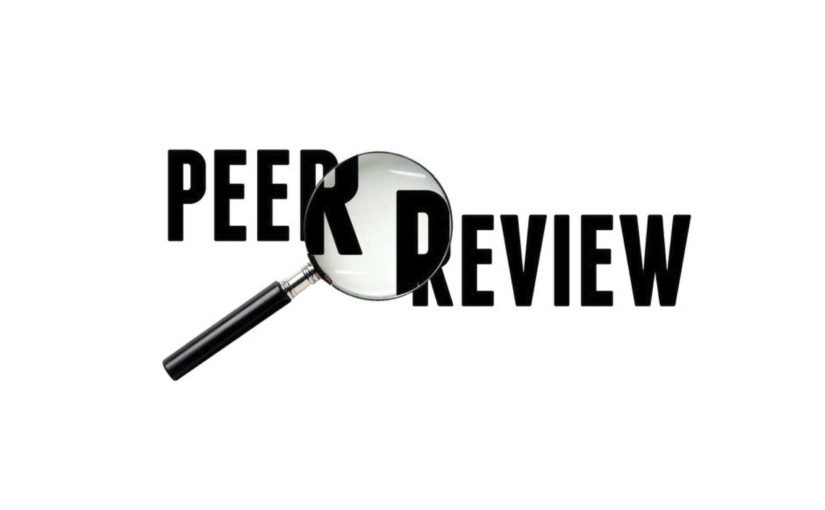By: Lauren Beth Kelly
Peer editing is essentially making suggestions, comments, and changes to the writing of someone who is within your own skill level. It can create a partnership that helps writers develop a stronger piece of writing, while helping the editor understand how to improve their own writing.
When editing, the main idea of a piece should be determined first. There should be a strong main point that is supported by a clear and sequential organization of details within the piece. The document should also be appropriate to the specific purpose and intended audience.
It is also advisable to read through the document at least twice. During the first reading, simply become familiar with the piece. For the second reading, try to understand what is being said, what the author wants to say and if it’s working. If there is still significant confusion after two readings, then the writer should be informed of this.
Another effective editing strategy is to read the document backwards. This can help the editor catch grammar errors that are harder to notice when the draft is read in its regular sequence.
Make your feedback as clear and specific as possible. Say why you found that something worked or didn’t work. B honest but constructive. Avoid using vague terms unless paired with concrete explanations. Additionally, try to avoid crossing out the writer’s words or phrases. Instead, when you have specific suggestions or helpful questions, write them clearly in the margins.
Don’t forget to proofread. Check for any misspelled or incorrectly used words, oddly worded phrases, problems with punctuation or mechanics, missing or improperly formatted citations, and typos.
When writing, it’s also helpful for the piece to be open to revision as it’s being composed. As a writer, be sure to take advantage of having a peer editor help make your diction clearer and more readable.
However, you should also be sure to ask if something is unclear. If you’ve considered your peer editor’s advice and don’t feel that it’s helpful, you’re always free to ignore it. But usually if a reader says there’s a problem, then it’s worth taking a careful look at their revisions.
Still, while you can benefit from unlikable revisions even if they are disliked, you shouldn’t take the editor’s revisions personally. Comments are about your writing, not about you as a person.
As a peer editor, take note of what you learned about yourself both as a writer and an editor, and of how much you learned about your peer’s viewpoint. Enjoy the process and what you learned about the topic in the piece.


